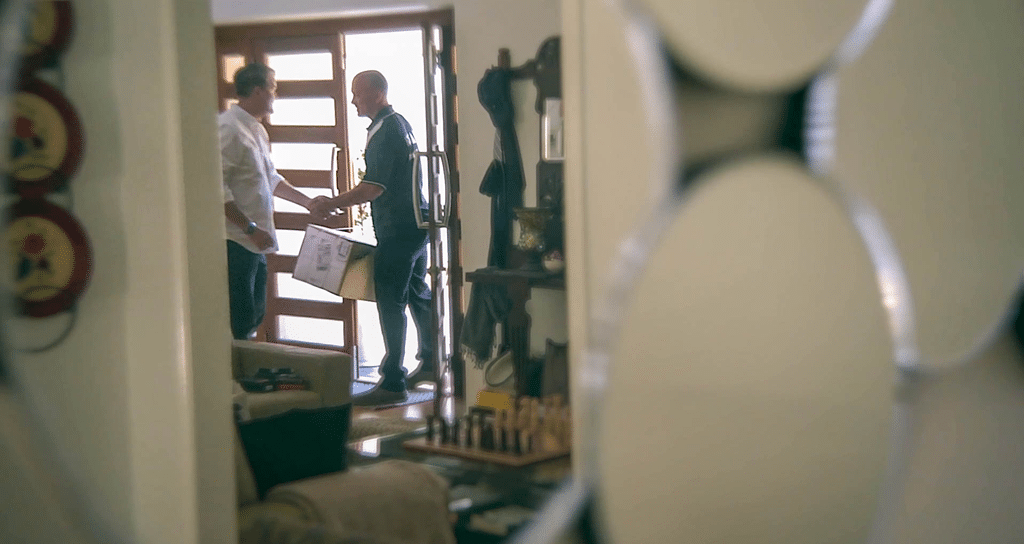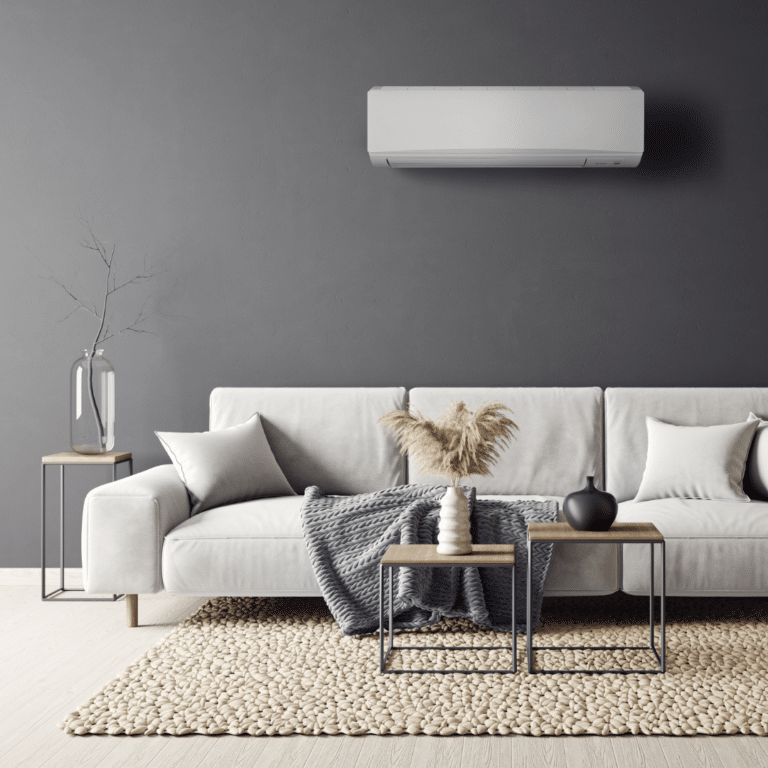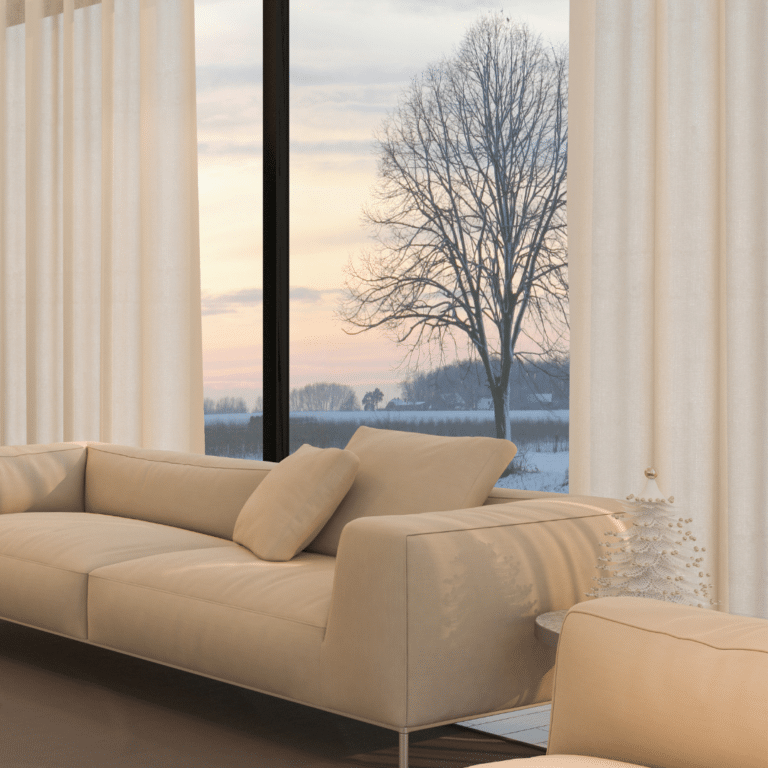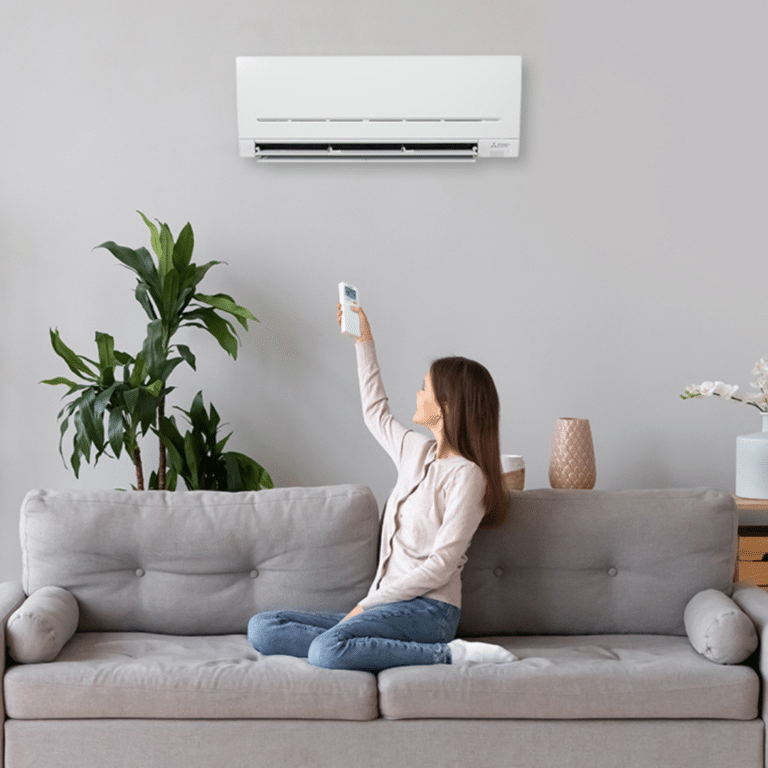When the temperature drops, buying an air conditioner is often the last thing on people’s minds. However, waiting until summer can mean higher prices, limited stock, and long installation wait times. Many homeowners find themselves scrambling to secure a unit during peak season, only to face delays.
By purchasing an air conditioner during winter, you can take advantage of off-season discounts, a wider selection of models, and more flexible installation schedules. Whether you’re upgrading your current system or installing a new one, making the investment now ensures your home stays comfortable when the heat returns.
In this guide, we’ll explore why winter is the ideal time to buy an air conditioner and how you can maximise savings while staying ahead of the summer rush.
Winter Availability: Find the Latest Air Conditioning Innovations
Winter presents an opportune time to purchase an air conditioner due to the increased availability of the latest models and features. During these months, manufacturers often release new products, ensuring buyers can access the most advanced technology. Also, popular models are less likely to be out of stock, and the off-season typically sees fewer buyers, which means quicker delivery times and reduced installation waiting times.
Cost Savings: Unlock Winter Discounts on Air Conditioners
Purchasing an air conditioner during winter can lead to potential cost benefits. Here is why this season may be the best time to secure your new cooling system:
- Lower Demand, Lower Prices: The chilly months typically see a decrease in air conditioner purchases, prompting retailers to lower prices to attract buyers. This drop in demand can result in substantial savings compared to peak season rates.
- Sales and Promotions: Many retailers and manufacturers offer special promotions, discounts, or clearance sales during winter to move inventory ahead of the new year models arriving. This is an excellent opportunity to purchase premium models at reduced prices.
- Typical Savings: Due to these lowered costs, consumers often find that the off-season allows for more room in the budget.
By capitalising on these opportunities, you can make a smart financial decision while preparing for the warmer months ahead of time.
Easier Scheduling: More Flexible Air Conditioner Installations
Winter is an ideal time for installing new air conditioning systems due to the reduced demand for air conditioning services. This is what you can expect when scheduling your installation during the colder months:
- Increased Availability: With fewer bookings during winter compared to summer, technicians have more availability, allowing you to schedule installations at a time that suits you best. Fewer scheduling constraints also mean installers can take a more focused and attentive approach, ensuring a smooth process and high-quality outcomes.
- Quicker Installation Times: With fewer installations in their queue, air conditioning professionals can often complete your installation faster than during the peak season. This minimises disruption to your home or business.
Opting for a winter installation eases the process and ensures your system is ready to perform when temperatures rise.
Planning Ahead: Stay Cool Before the Heat Hits
Investing in an air conditioner during the winter ensures readiness for the summer heat and brings peace of mind. Having your cooling system installed and tested beforehand means you will avoid the last-minute rush and uncertainty that often accompanies the onset of warm weather. Additionally, winter provides the perfect opportunity to maintain and service existing units. Taking advantage of this slower period for air conditioning professionals means any necessary repairs or optimisations can be efficiently handled, ensuring your system operates at peak performance when you need it most.
Understanding the Savings: Why Energy Efficiency Pays Off
Winter provides the perfect opportunity to upgrade to newer, more energy efficient air conditioning models. As technology advances, each year brings about more efficient models that cool your space and reduce energy usage.
Key benefits of energy efficient models:
- Reduced Operational Costs: Modern air conditioners are designed to consume less electricity while delivering the same, if not better, performance. This means potentially lower monthly energy bills.
- More efficiently heat your home: Reverse cycle air conditioners are the most energy-efficient heating solution, providing more heat while using less energy than traditional gas and electric heaters.
- Long-Term Savings: Investing in a more energy efficient model now means enjoying potential reduced energy expenses year-round. Promotions and discounts available in the off-season can make these high-efficiency models more accessible, maximising your investment’s value from the moment of purchase.
Embracing energy efficiency in your winter air conditioner purchase can offer substantial long-term benefits. Not only does it align with more cost-effective winter pricing, but it also sets you up for year-round savings.
Choosing the Right Air Conditioner for Winter Warmth
Reverse cycle air conditioners (also known as heat pumps) such as Mitsubishi Electric MSZ-AP Series are ideal for winter because they can both heat and cool your home, making them versatile for year-round use. These systems work by extracting heat from the outside air—even when it is cold—and circulating it inside your home. Opting for a reverse cycle ac model means you can enjoy consistent, comfortable temperatures no matter the season and manage your climate control needs with one unit. This makes them a practical and energy-efficient option for those looking to invest in new air conditioning during the colder months.
Depending on the layout and design of your home, different heating and cooling options may be more suitable:
- Floor Console Air Conditioners: Commonly used in colder climates, these units deliver warmth from floor level, ensuring effective and efficient temperature control. They are also well-suited for rooms with limited high-wall space.
- Ducted Air Conditioners: Suitable for homes of any size, these systems provide whole-house heating by distributing warm air through ceiling ducts. They are especially beneficial for larger homes with multiple rooms, offering a discreet and efficient climate control solution.
The Importance of Heat Load Calculation for Winter Heating
Choosing the right heat pump air conditioner for winter involves more than just selecting a model—it requires ensuring the unit is correctly sized for your home. A Heat Load Calculation helps determine the appropriate system capacity by assessing key factors such as climate, building materials, insulation quality, room size, and window placement. By accurately calculating heating requirements, you can prevent issues like inefficient performance, excessive energy use, or an undersized system struggling to maintain warmth. Investing in properly sized reverse cycle air conditioners ensures optimal comfort, efficiency, and long-term reliability.
Stay Cool and Comfortable Year-Round with Mitsubishi Electric
Experience comfort in every season with Mitsubishi Electric innovative air conditioning solutions. Do not let the summer heat catch you unprepared. Explore our complete range of air conditioners, including wall and floor mounted air conditioners, ducted air conditioners and multi head systems, among others, to ensure your home stays cool and comfortable all year round. Connect with a Mitsubishi Electric air conditioning specialist for expert advice, heat load calculation and more information.




